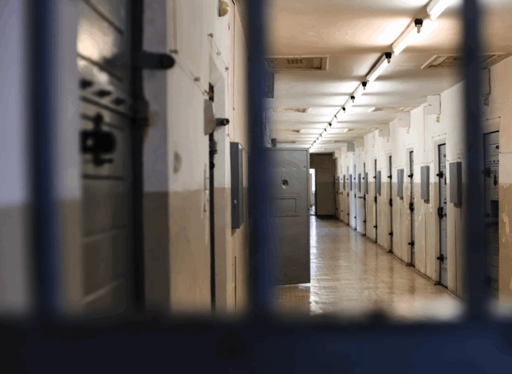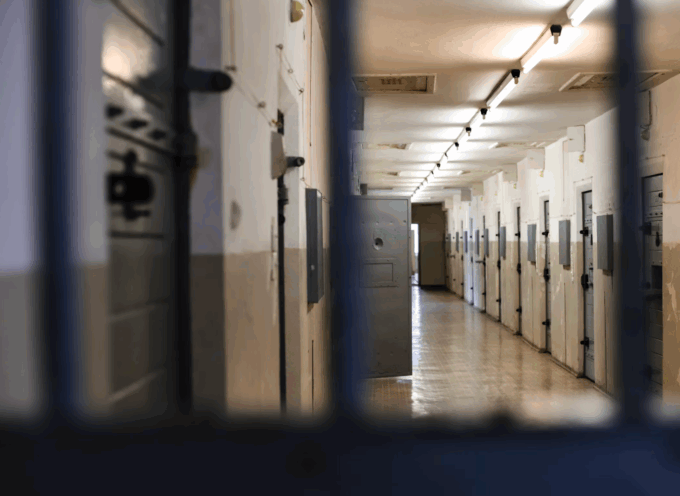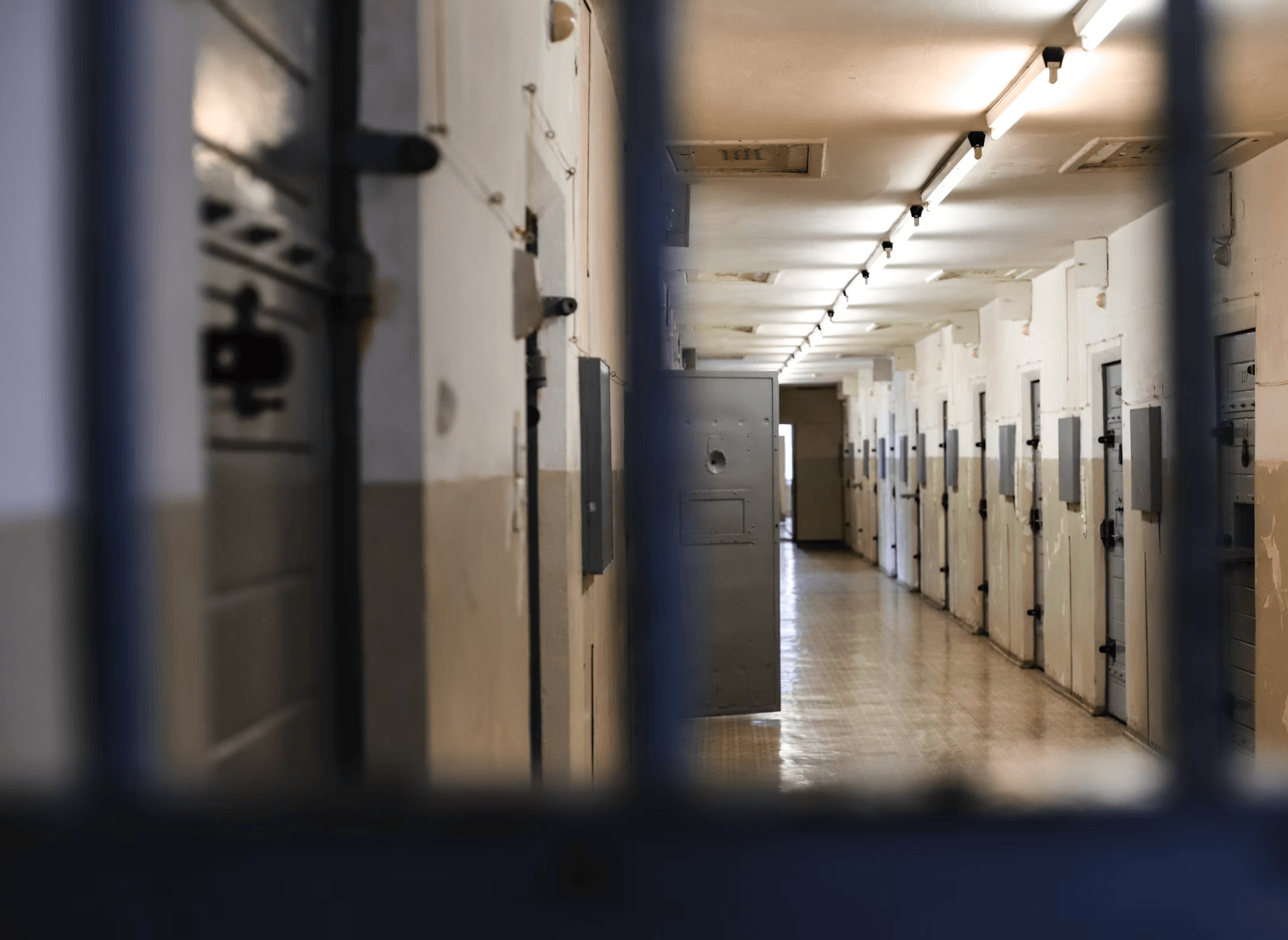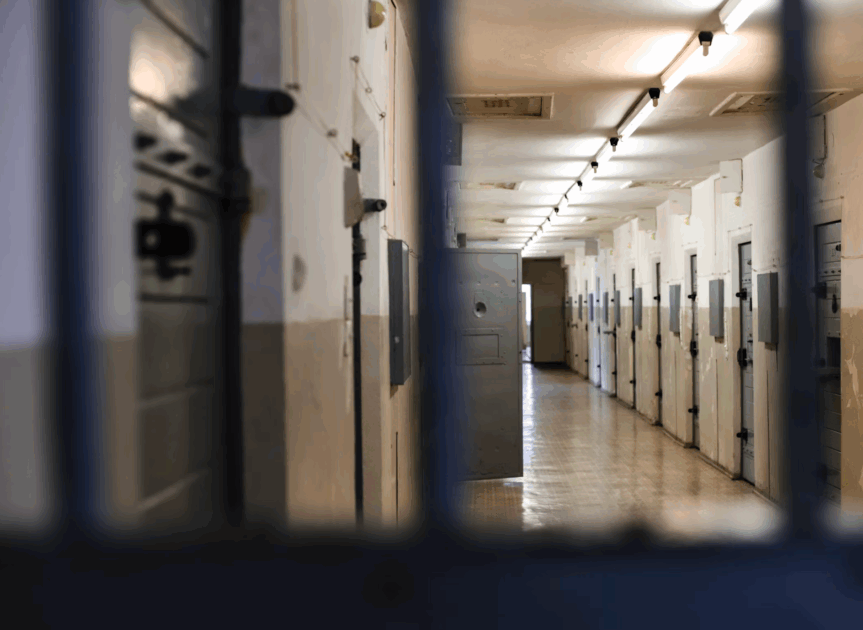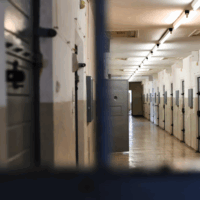Photo by Matthew Ansley
Amid current political-social upheaval, U.S. incarceration is off the charts. We turn to a new report from the Prison Policy Initiative, which highlights the gender dimension of incarceration.
“Every U.S. state incarcerates more women per capita than most independent nations of the world. Collectively, the United States accounts for 4 percent of the world’s women but holds one-quarter of women who are incarcerated worldwide.” States of Women’s Incarceration: The Global Context 2025
That is an astounding number for a modern society whose political leaders regularly hold the nation up as a beacon of democracy for global humanity. Meanwhile, the individual and social dimensions of women’s incarceration rates in the U.S. are far-reaching.
Consider women’s caring labor in the household, for example. Incarcerating women impacts a central role of theirs, e.g., nurturing children, the future generation of the nation. Taking that essential time away from childhood development is a recipe for trauma, a catastrophic condition for the family unit, from adults to infants.
Here’s a snippet of research on the impacts of separating women from children, a 1998 article in Behavioral Sciences & the Law: “Separation from children is one of the most stressful conditions of incarceration for women and is associated with feelings of guilt, anxiety, and fear of losing mother-child attachment.” A 2005 study found that “most mothers described an intense focus on feelings of distress, depression, or guilt.” A mother in that study shared her feelings: “All I’d do was cry. It is horrible being away from your kids, especially when they are the only people who care for you.” Another said, “I was very hurt, depressed, crying constantly, and worried.”
U.S. social policy such as the Drug War is a bipartisan operation driving the U.S. carceral preference. Yes, the so-called radical left Democratic Party that President Trump and Stephen Miller, White House deputy chief of staff for policy and the U.S. homeland security advisor since 2025, bash for spoiling America has been central in favoring incarceration. The fictional depiction of the Democratic Party as something other than a ruling class formation is inaccurate, yet it persists as a means to strengthen the political duopoly. Third political parties that try to represent the poor and working classes are out funded and outgunned from the start.
On that note, there has been and continues to be the crisis of defunding public health in favor of a for-profit approach that impoverishes and punishes the poor and working classes. That’s an economic and political policy driver of the shift of income from the bottom and middle to the top 10 percent, spawning billionaires and consolidating monopoly corporations. In this way, the ruling class more effectively controls the political system that makes social policy to create and punish poverty.
“With this country’s war on drugs,” said report author Emily Widra, “our treatment of mental illness as a problem for police to deal with, and our criminalization of poverty, it is no wonder that the U.S. continues to drive this problem and to account for a quarter of the world’s incarcerated women.”
The full report is available here.
The post The Gender Dimension of Incarceration Nation appeared first on CounterPunch.org.
From CounterPunch.org via this RSS feed


